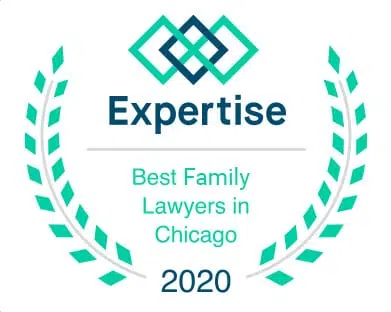In many family law cases, clients ask how to get their child’s voice heard in court. There is no denying that children of all ages have their own opinions. Sometimes children form their opinions based upon what they learn or hear from adults. Sometimes children generate their own opinions of certain situations. This often depends on their age and level of maturity. The Court is aware that in family law related matters, children will oftentimes have an opinion as to who they want to reside with, how often they want to see a parent, what they like and what they don’t like. There are methods the Court will use to try and elicit the children’s opinions at times, depending upon the circumstances. How the Court will elicit these opinions and how much weight and credibility the Court will give to these opinions is often circumstantial.
2 Methods to Get your Child’s Voice Heard in Court
- The In Camera InterviewWith children who are older and able to clearly articulate their feelings, the Court may use an In Camera Interview to find out what the child or children’s opinions are of a certain situation, as well as other relevant facts needed for the Court to make a determination. The In Camera Interview is an interview of the child (or children) by the Judge; the child’s attorney, a Child Representative or a Guardian Ad Litem usually is present if one is assigned. A court reporter is always required to be present and to make a record of the conversation, but that transcript/record is not available to the parties except in limited circumstances.This interview typically happens in the Judge’s chambers and is used to assist the Court in making a ruling. For example, an In Camera might be appropriate where the parents are saying two different things happened and the GAL has a different version of the facts, and the Court wants to hear directly from the child. An In Camera Interview may be an appropriate way to elicit the testimony of a child in a hearing without putting them into the courtroom in front of their parents and forcing them to “take sides”, which could not go well. The reason it works better in chambers is because children often won’t be honest if both parties or one parent is present; they usually don’t want to take sides and they’d be too afraid of hurting one parent or angering a parent, or both.
-
Guardian Ad Litem’s Opinion Represent the Child’s Best Interest to the Court
Another way the Court may elicit an opinion from a minor child would be by appointing a Guardian Ad Litem or a Child Representative. These are attorneys appointed who seek to perpetuate what is in the children’s best interests. A Guardian Ad Litem is a witness for the Court; they seek facts to report back to the Judge. They may be asked their opinion at some point in time but not necessarily in every case. They can report back to the Court on what the child said to them. A Child representative is an attorney who advocates on behalf of the child’s best interests. Sometimes the child representative will consider what the child wants, but they are not obligated to do so. They are more to perpetuate what they think is best for the child, whether or not the child agrees.
These are two different ways to have a child’s opinions brought before a Judge in a family law case. If you believe your child’s voice should be heard before the court, you can do by filing a motion seeking any of the above remedies must be done properly, via a motion.
If you you have a situation where you need to be sure your child’s voice is heard in court, be sure to seek experience legal advice. Feel free to contact our office today to schedule a confidential consultation that you can trust.




















